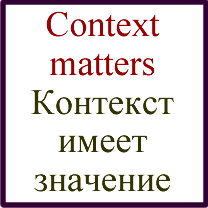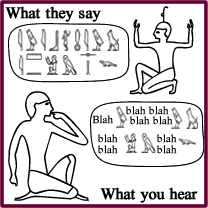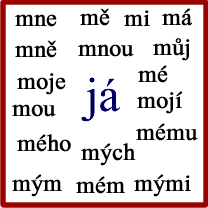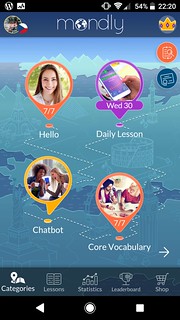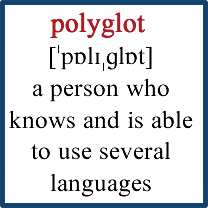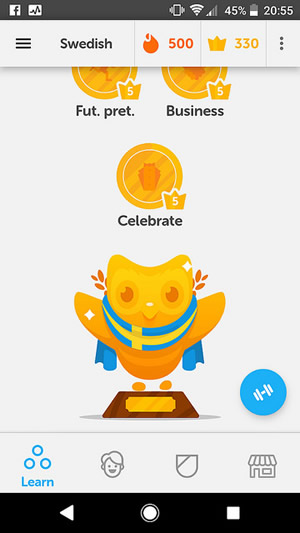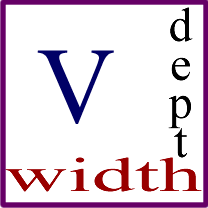
Yesterday I saw a post on Facebook saying that some polyglots “are just jumping from one language to another, only reaching beginner or at most intermediate level” and “They’re learning bits of many languages but mastering none of them.”
The person who wrote this states that he would prefer to focus on one or two languages and become really competent, learn them in depth, and learn about the culture, literature, poetry, and so.
If you learn many languages at a lower level, “[…] your language efforts make you nothing more than a glorified party trick. You can make people smile at a party when you can introduce yourself in 5 languages. But your language skills have no depth or breadth.”
There are as many ways to learn languages as there are language learners. Some prefer to focus on one or two languages and learn them to a high level, others prefer to learn more languages to a lower level. Some combine both approaches – they may learn some languages to a high level, and others to a lower level.
I can focus on one language or other interest, at least for a while, but usually have several projects on the go at the same time. As a result, it takes me quite a while to learn and improve my skills and knowledge, and I accept that I’m unlikely to become fluent in all my languages, or a virtuoso on any of my instruments, or a great singer or composer, or an amazing juggler / circus performer.
Are you a specialist, able to focus on one language, or other project / interest / hobby?
Or are you more of a generalist, flitting between different languages and interests?
